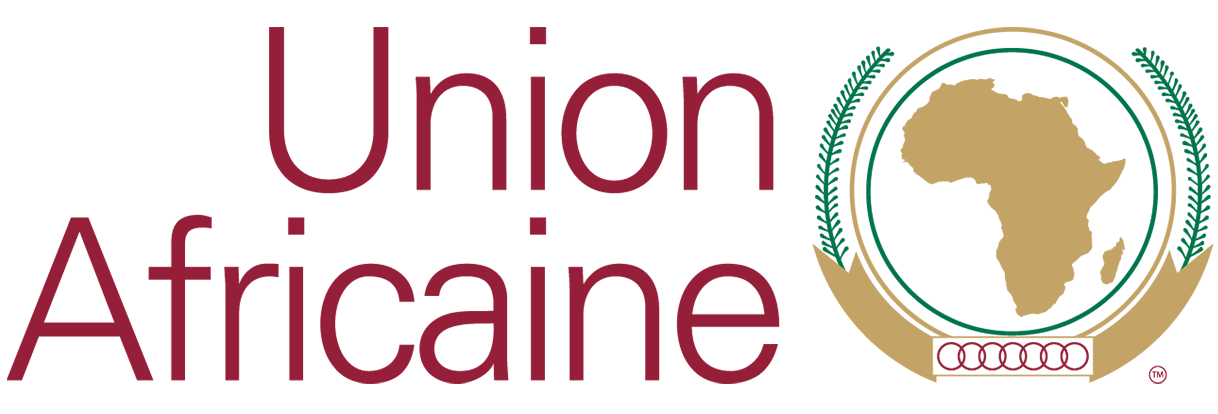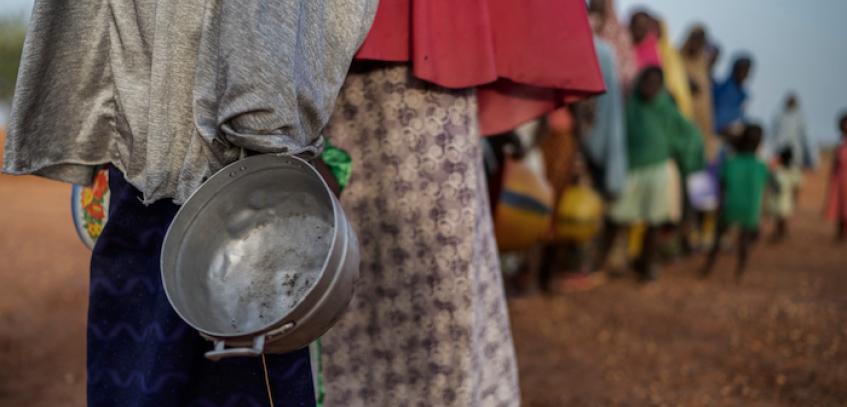The African continent continues to face a myriad of humanitarian challenges that are instigated by both natural and human activities. Conflicts and climate change have led to mass displacements of persons within and across national borders contributing to the increase in humanitarian needs such as food, water, shelter and sanitation among others. This has exacerbated the dire situation that several vulnerable communities are already facing, with women and children being the most affected.
According to the United Nations Office for the Coordination of Humanitarian Affairs (OCHA) Global Humanitarian overview, humanitarian needs are growing fast in Africa, more than 113 million people in 15 of the most affected African countries require urgent assistance in 2022. Impacts of the ongoing COVID-19 pandemic have further increased the humanitarian needs as millions of livelihoods remain at risk.
Humanitarian crises and nutrition are intertwined. Humanitarian crisis challenges such as limited access due to insecurity, population displacement, deteriorated food security, limited access to portable water, increased morbidity and lack of healthcare services will inevitably have an impact on the nutritional status of the most vulnerable and threaten their nutritional quality. It is critical to manage nutrition in major emergency settings to prevent malnutrition, especially for infants and young children.
The Food Security Information Network (FSNI) global report on food crises 2021 indicated that malnutrition remains a challenge as Africa has some of the highest cases of malnutrition globally accounting for more than nine out of ten of all children with stunting, more than nine out of ten children with wasting, and more than seven out of ten children who are overweight worldwide. The conflict and intercommunal conflict effects in Africa have led to a food and nutrition crisis and the number of people facing a critical lack of food has significantly increased.
African Union Agenda 2063 aspiration one envisions a prosperous Africa based on inclusive growth and sustainable development. Goal number three (3), five (5) and seven (7) highlight the significance of healthy and well-nourished citizens, modern agriculture for increased proactivity and production of an environmentally sustainable climate, and resilient economies and communities respectively. These goals if achieved will largely address the effects of humanitarian and nutrition challenges.
The African Union Commission is committed to alleviating conflicts that lead to forced displacements. It is under this background that the Commission has organized the 2022 Humanitarian Summit and the Pledging Conference that will deliberate efforts set forth by African Leaders to address the current humanitarian challenges that Africa is facing. The summit will aim to focus on challenges exacerbated by the socio-economic impacts of the COVID-19 pandemic and disasters across the Continent, identify durable and sustainable solutions to address the current issues including those that contribute to post-conflict recovery and peace and development nexus. The summit is scheduled to take place in Equatorial Guinea on 25 – 27 May 2022 under the theme “Humanitarian Financing: Addressing the Current Humanitarian Challenges in Africa”.
During the Summit, several development-related thematic areas are lined up including food security and nutrition situation in Africa. The Summit is very timely, as the AU declared 2022 as the Year of nutrition. The theme ensures that at continental, regional and national levels there are continued efforts including, advocacy, especially in the regions and communities where risks are most acute, strengthening social protection systems and safeguarding access to food and nutrition for the most vulnerable groups, especially young children, pregnant and breastfeeding women, older people and other at-risk groups.








